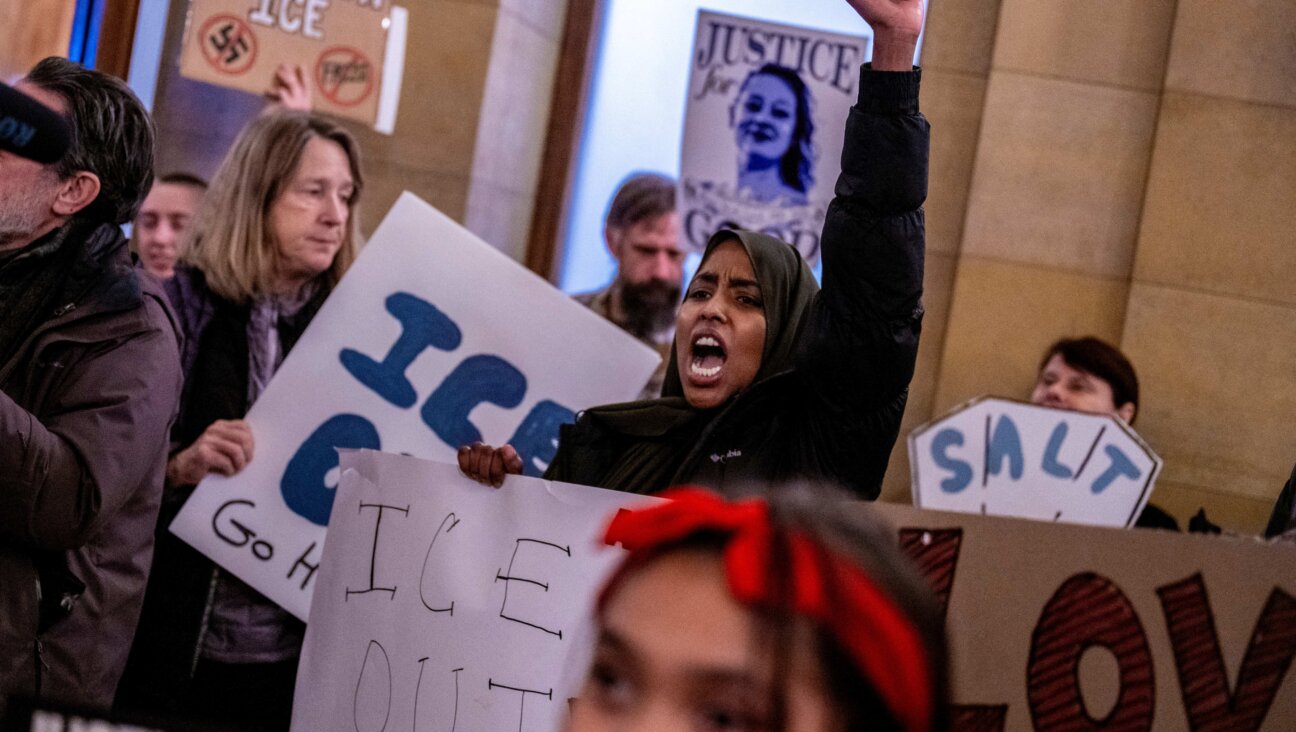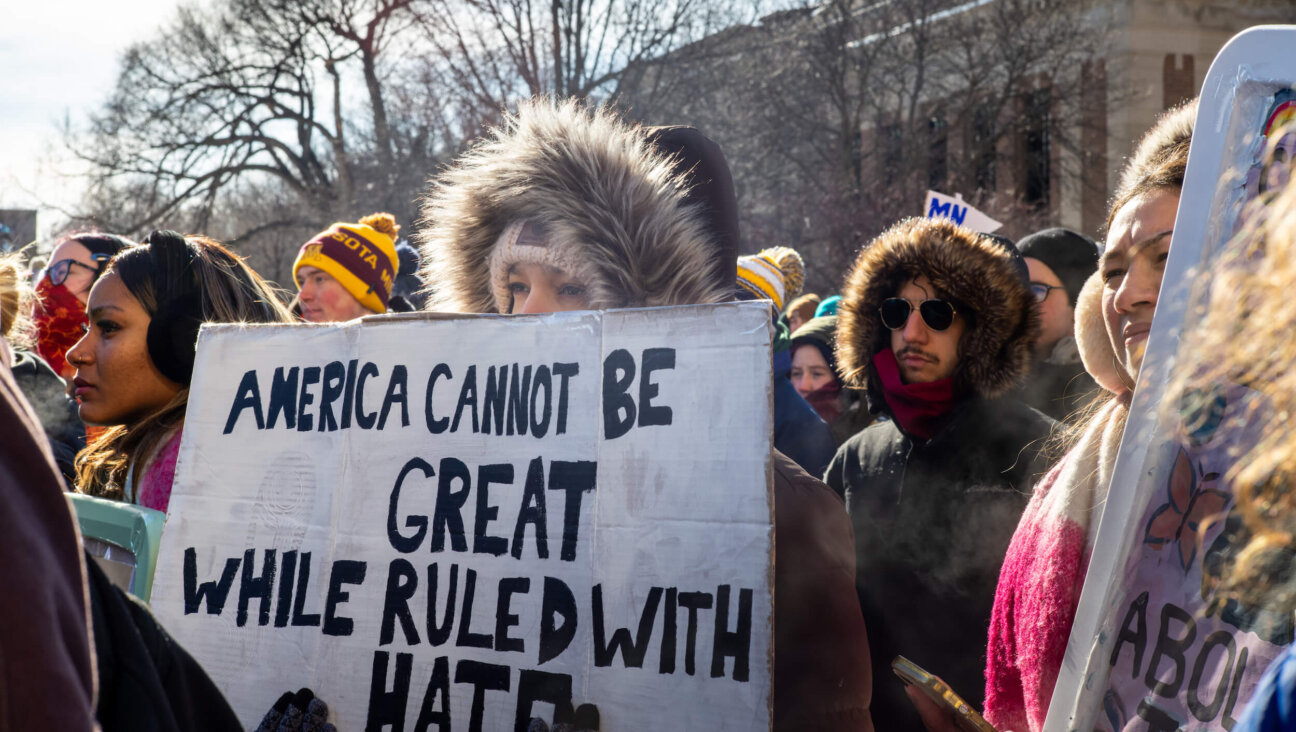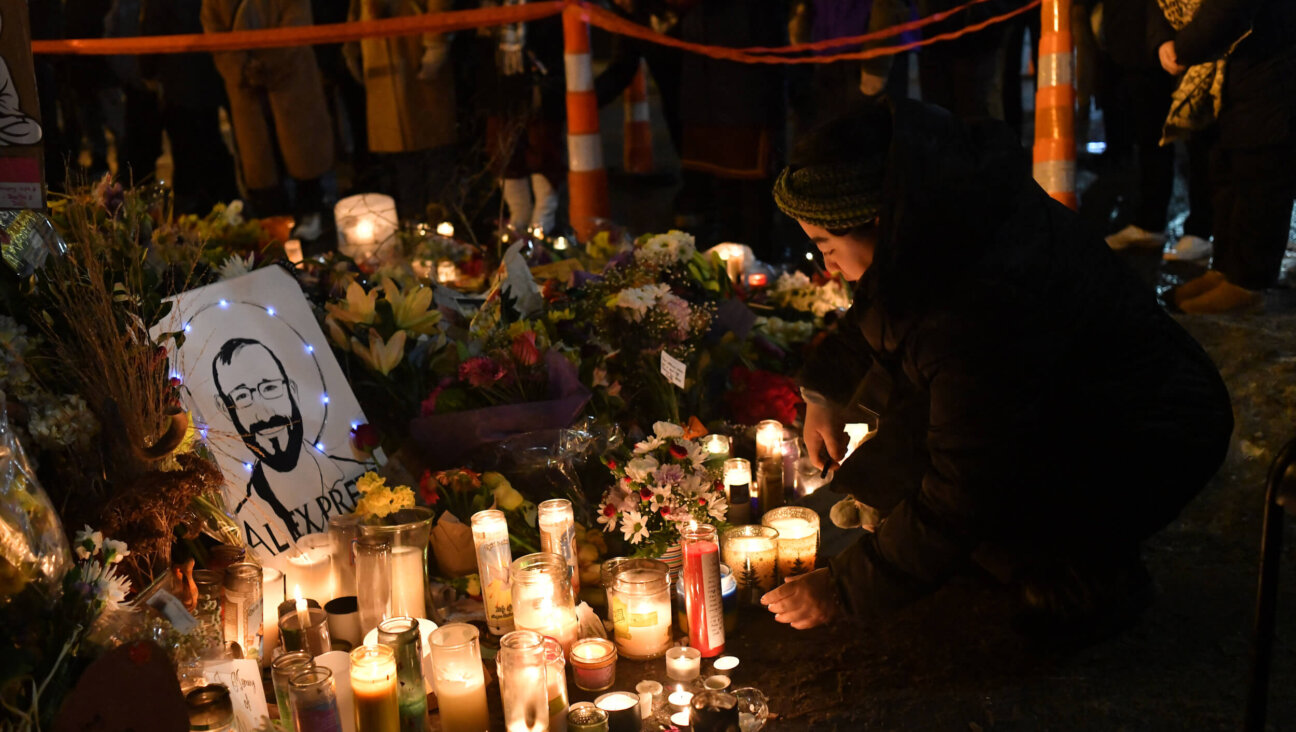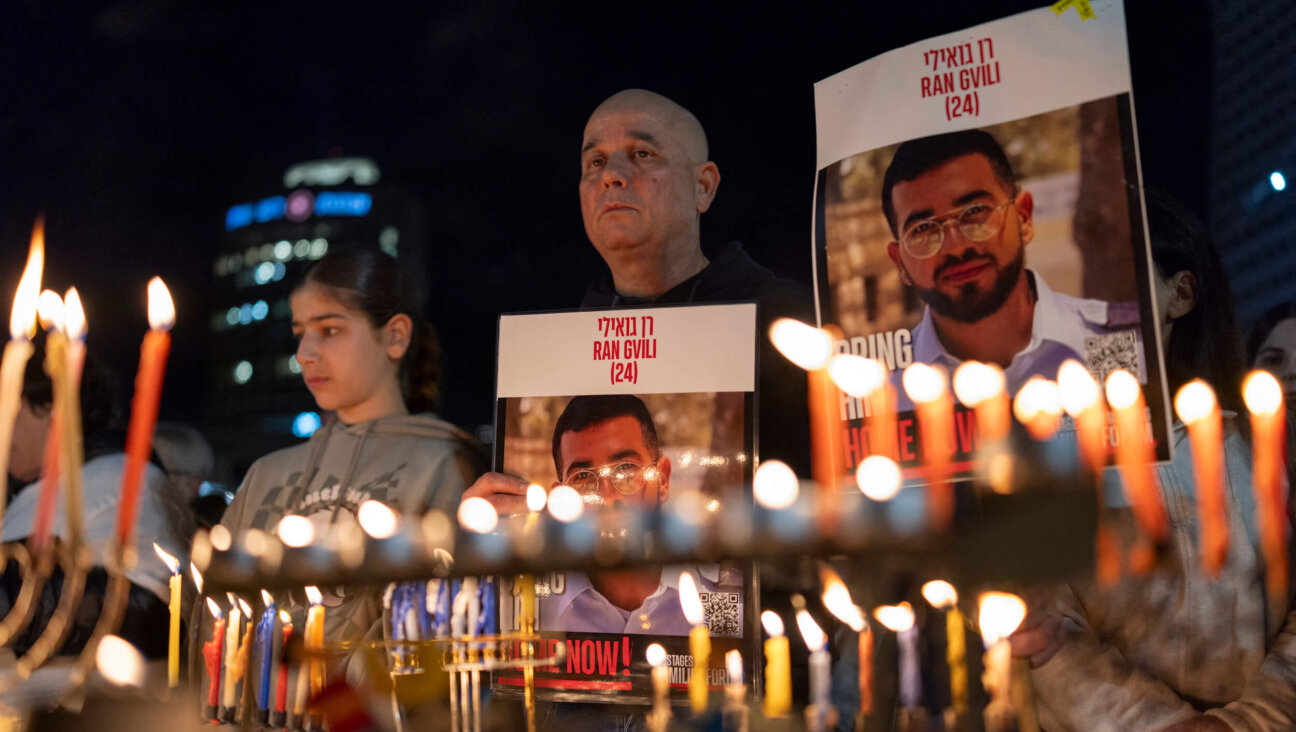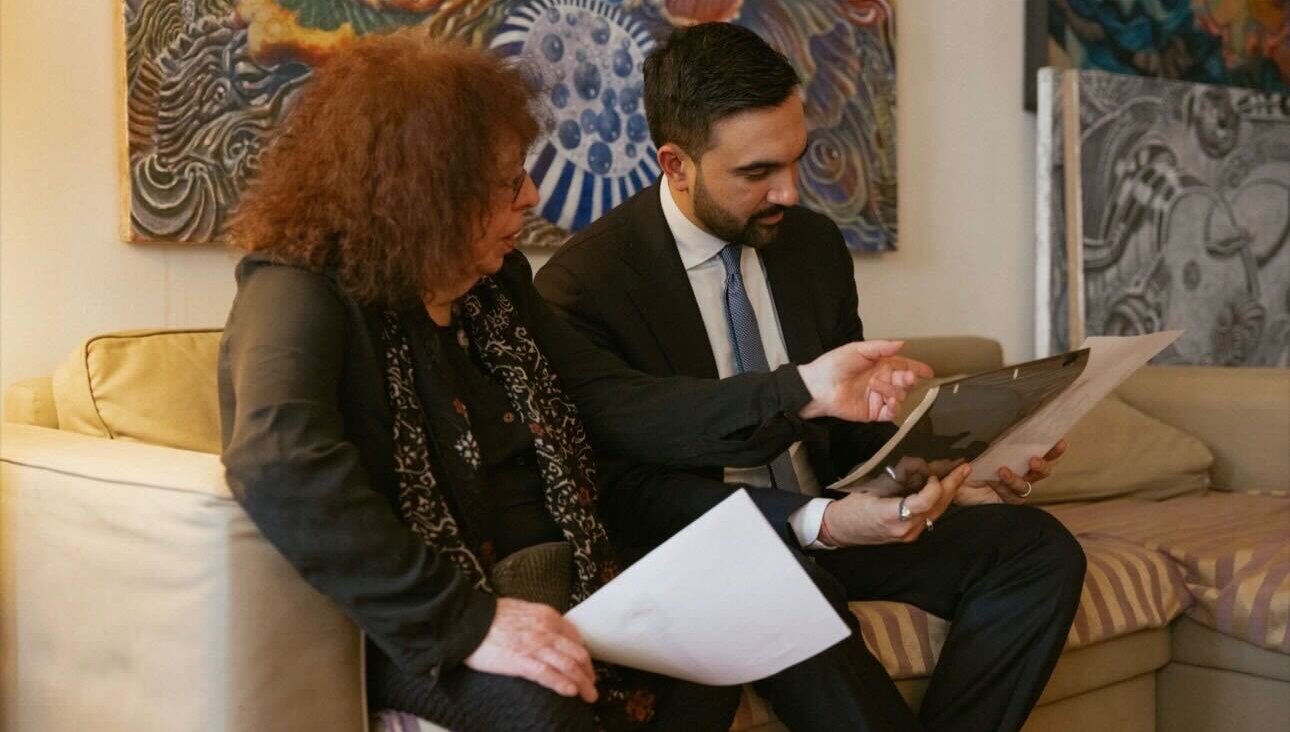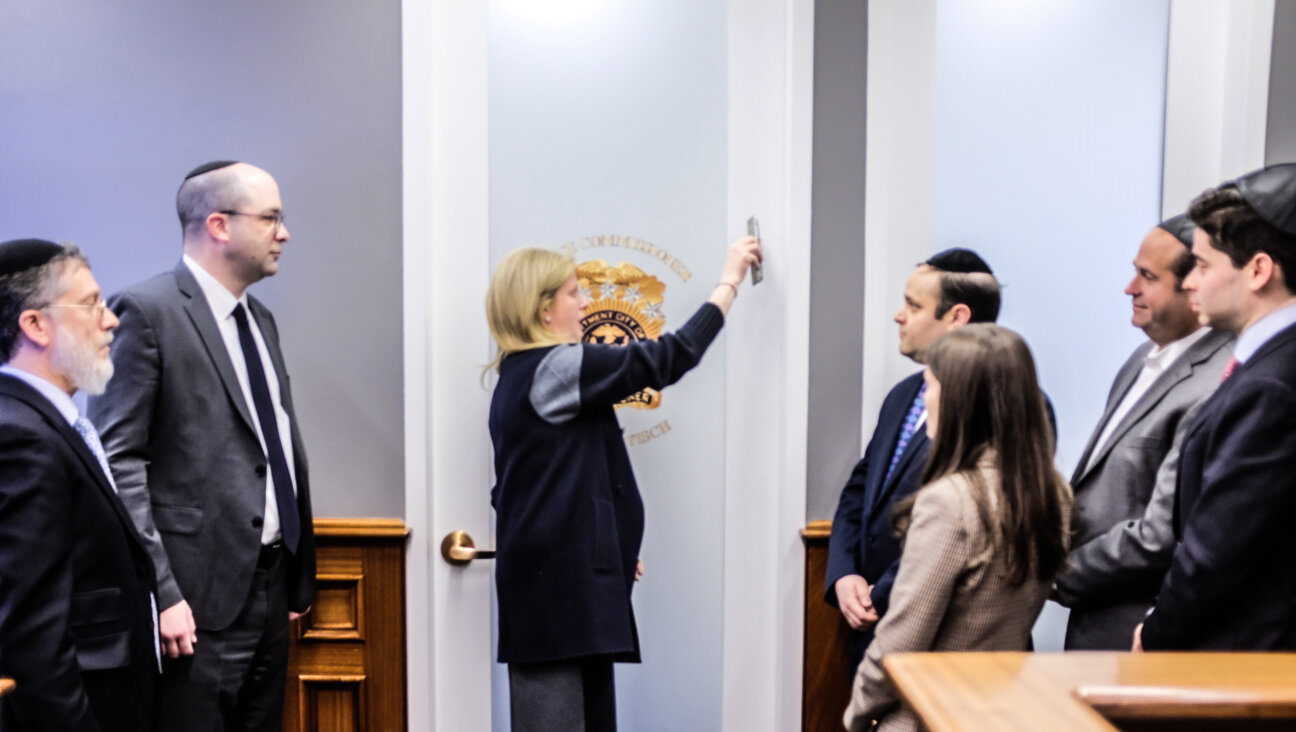Let’s Make a Deal
Of all the cruel ironies in the latest Israeli-Palestinian flare-up around Gaza, perhaps the oddest is the sight of Islamic militants stepping up their bombardment of Sderot and expanding their rockets’ range to reach major Israeli cities — and then accusing Israel of escalating the conflict when it shoots back.
Israel’s response to the relentless rocket fire raining down from Gaza may not be effective in stopping the bombardment, but it can hardly be called unjustified. A country that’s under military assault is obliged to act.
At the same time, countries facing crises are well-advised to act wisely, and in a manner that is likely to help rather than hurt the situation. The destruction visited on Gaza by the Israeli military this past week has not stopped or even slowed the rockets, but it has hardened Palestinian popular hostility toward Israel. It has also driven Palestinians of all stripes, Islamist and moderate, to close ranks behind Hamas in Gaza, strengthening its hold on power. That can’t be what Israel had in mind.
Israel faces almost nothing but bad options in confronting Hamas. It is eager to strengthen the Fatah government in the West Bank, which continues to advocate a negotiated peace with Israel, but it cannot make concessions to help Fatah, because it is not strong enough to keep a bargain. It can’t negotiate with Hamas, as leading policymakers see it, because that would legitimize Hamas and marginalize Fatah as ineffectual. It can’t help Fatah openly, because that would leave the secular Palestinian party looking like traitors to their own public. It can’t reoccupy Gaza, because the cost would be too high and it still wouldn’t stop the attacks. They’ve been going on since long before Israel left Gaza in 2006.
There’s one option, however, that’s gotten barely any media attention and deserves a closer look. Mahmoud Abbas, the Palestinian Authority president and head of Fatah, offered this past week to broker a cease-fire between Israel and Hamas. If he were successful, he could hardly be called a sellout, if only because he will have brought an end to Israeli incursions. In fact, a deal delivered by Abbas would boost his stature among Palestinians and put Hamas in his debt. It’s hard to imagine a better way of shoring up Palestinian moderates than to allow them a leader.
Not least, Abbas offers the only realistic hope for ending the rocket fire. Hamas has offered to silence them in return for a cease-fire. But Israel hasn’t wanted to deal with Hamas, and so the rockets have kept coming. It’s time to try something that might work.
